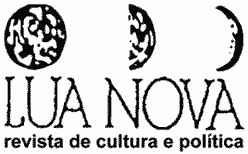Abstract
This paper considers James Harrington a champion of political conflict, in a different manner to that of Machiavelli. Machiavelli argues that there are two kinds of humors and Harrington that conflict is made by one single interest: riches and property. Men, although possessing the same interest, have distinct abilities to achieve it, thus forming natural aristocracy. Therefore, those who have wisdom, the senators, must propose laws, and the people, rulers of the assembly, must choose them. Such division of powers and separation of functions implies an institutionalized conflict between hierarchies. In part, the senate has its interests met, in part, the people has their own, otherwise no law would be approved. The partial achievement of interests, for different reasons, confirms Harrington’s Machiavellism.
Keywords:
James Harrington; Machiavelli; Conflict; Interest
